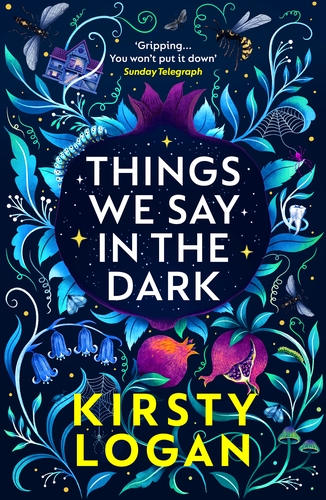
1. Be honest about what you’re afraid of
The most effective horror speaks not to the general, but the personal – even the confessional. It’s the result of careful thought and deep honesty about what you really fear. Unexpectedly, the best way to write a universal fear that will appeal to (meaning terrify) many people is not to go broad, but specific. Dig deep and write what you’re really afraid of.
2. You don’t have to show the monster
Sensory description is great, but don’t try to describe everything. Particularly not the worst part. Your reader’s imagination will fill in the thing that they find most awful – so take them right to that precipice, with hints and sensory description – and then leave them to fill in the gaps.
3. Learn from horror
There’s a world of horror out there for you to learn from. When reading, if you feel tense, anxious, horrified, deliciously thrilled – stop and look at why. Try to analyse the techniques of description, pacing, characterisation, setting and mood that achieve this effect.
4. Take inspiration from other genres
You want your horror to be scary – but also emotional, engrossing, vivid, resonant, and a really good story. Analyse other genres to find what you can use in your horror fiction. Romance can teach you how to write strong relationship conflict. Fantasy and science fiction can teach you how to effectively world-build. Literary fiction can teach you how to experiment with language. Poetry can teach you how to be succinct.
5. Consider the source of your horror
Outdated sources of horror include anything foreign or unfamiliar, a dark figure, a rural community, someone with a missing limb or a scarred face – but do we really want to say that those things are the source of all evil? It’s not just about morality, it’s also about our powers of observation. When we look at our world, is it the above people doing the damage? Or is it a person who looks like a figure of power, like a person trusted in the community – or even like ourselves?
Kirsty Logan is the award-winning author of six books, most recently Things We Say in the Dark, a collection of feminist horror stories recently optioned for TV. She also wrote and presented a 10-part series for BBC Radio 4, A History of Ghosts. Her next publication is an original audio novel for Audible, an Arctic-set ghost story, The Sound at the End (due for release October 2021).
Comments